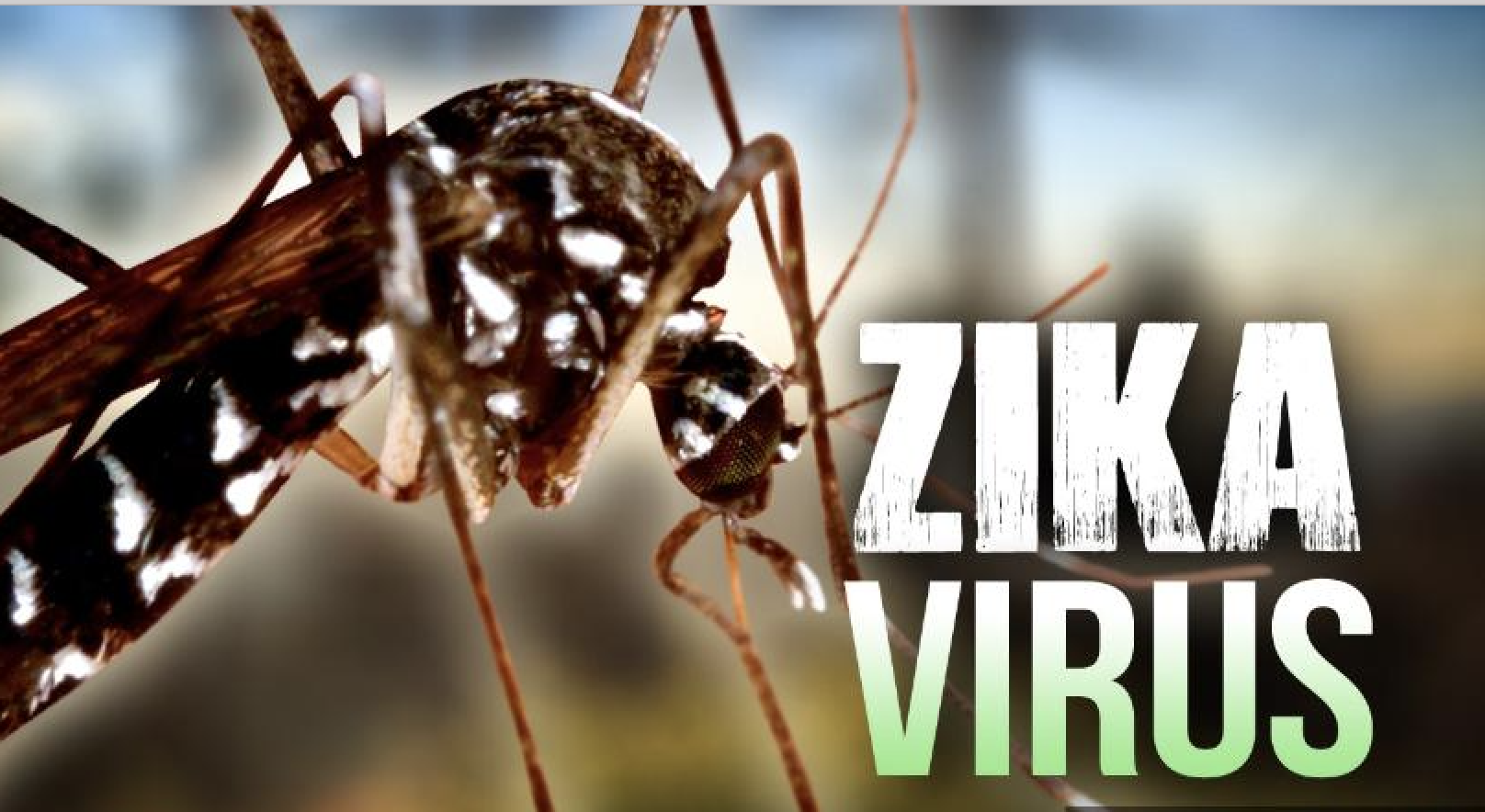
Zika risk low in the Caribbean, says health agency
The Risk of Contracting the Zika Virus In The Caribbean Region Now Is “LOW” According To The Caribbean Public Health Agency (CARPHA).
After reviewing data over the past 30 months, CARPHA announced in a statement that the virus transmission has been “interrupted”. It’s regional labs continues to test samples for mosquito-borne diseases including Zika,Dengue and chikungunya viruses. Test have shown very dramatic decreases in the zika virus from “2016” to current time, no cases have been confirmed in samples tested in the past year.
Though there are still concerns regarding zika , especially since zika is an infection contracted during pregnancy could be a cause of microcephaly in babies, resulted in a dip on tourism in the islands where many cases have occurred , especially in Puerto Rico, the Dominican Republic and even in the TCI.
Numerous reports of the zika virus was first detected in the Caribbean in “2015” cases peaked in the fall of “2016” and began to fall by December of that year.
Dr C James Hospedales, the executive director of CARPHA, said there’s still a need to be vigilant, He explained the agency will continue to work closely with public health partners including the US Centers for Disease Control and Prevention to find more innovative ways of mosquito control.“Working alongside CMS we will support vector control activities and educate the public to protect the health of all within their borders,” he said.
There still is a need to strengthen surveillance in member states by setting up registries for babies affected by the zika virus during the “2016” epidemic , enhancing laboratory testing capacity, documenting the findings of countries to ensure an evidence -based policy and practice to look at ways to deal with climate-sensitive mosquito borne diseases .
CARPHA encourages visitors and residents to protect themselves from mosquito bites by using insect repellents, wearing protective clothing and staying in screened or air conditioning accommodations.Health officials in the TCI have been lobbying for the territory to be removed from the high risk zika alert which has been in effect since 2015.
The director of health services Dr Nadia Astwood spoke at an vector control workshop held in TCI, she told reporters that no new cases of the dreaded zika virus have been reported in over a year in the territory. “And along with many other countries in the Caribbean region we are working to try and get zika reclassified on the CDC website, because this is proven to be a hindrance for tourism.




